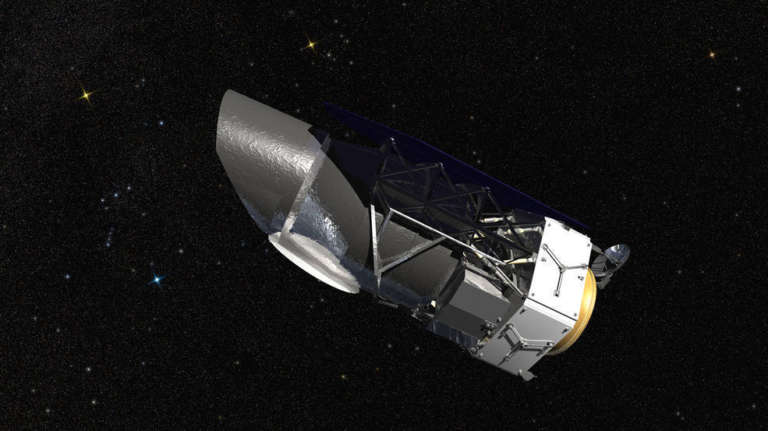Planetary Radio • Mar 15, 2016
Neil Gehrels and WFIRST—A Space Telescope for the 2020s
On This Episode

Neil Gehrels
Chief, Astroparticle Physics Laboratory for NASA Goddard Space Flight Center
NASA has given the go-ahead for creation of the Wide-Field Infrared Survey Telescope. It might help reveal the nature of dark energy and point the way to life among the stars. Europe and Russia are celebrating the ExoMars spacecraft now headed for Mars. Emily Lakdawalla tells us why. Spacewalks, re-entry...traveling in space is hard and dangerous! Bruce Betts tells a harrowing tale or two on this week’s What’s Up. Bill Nye is on the road this week.

Related Links:
- WFIRST
- Swift Gamma-Ray Burst Mission
- Neil Gehrels
- ExoMars Launch Successful! What to Expect
- Contact—Cultures of the Imagination 2016 Conference
- Death Valley National Park Celestial Centennial
- Yuri’s Night 2016
This week's prizes are a lovely Planetary Radio t-shirt, a 200-point iTelescope.net astronomy account, and an OK Go! t-shirt signed by Damian Kulash and Tim Nordwind.
This week's question:
How many science instruments does the ExoMars Trace Gas Orbiter carry?
To submit your answer:
Complete the contest entry form at http://planetary.org/radiocontest or write to us at [email protected] no later than Tuesday, March 22nd at 8am Pacific Time. Be sure to include your name and mailing address.
Last week's question:
Who made the second longest spaceflight, and how long was he or she up there on that single flight?
Answer:
The answer will be revealed next week.
Question from the week before:
Who was the first person to do an EVA (extravehicular activity) in a spacesuit that did NOT have life support coming from an umbilical (but still had a safety line)?
Answer:
Cosmonauts Yevgeny Khrunov and Aleksei Yeliseyev were the first to use portable life support systems in space, beating Apollo astronaut Rusty Schweikart by days.


 Explore Worlds
Explore Worlds Find Life
Find Life Defend Earth
Defend Earth


